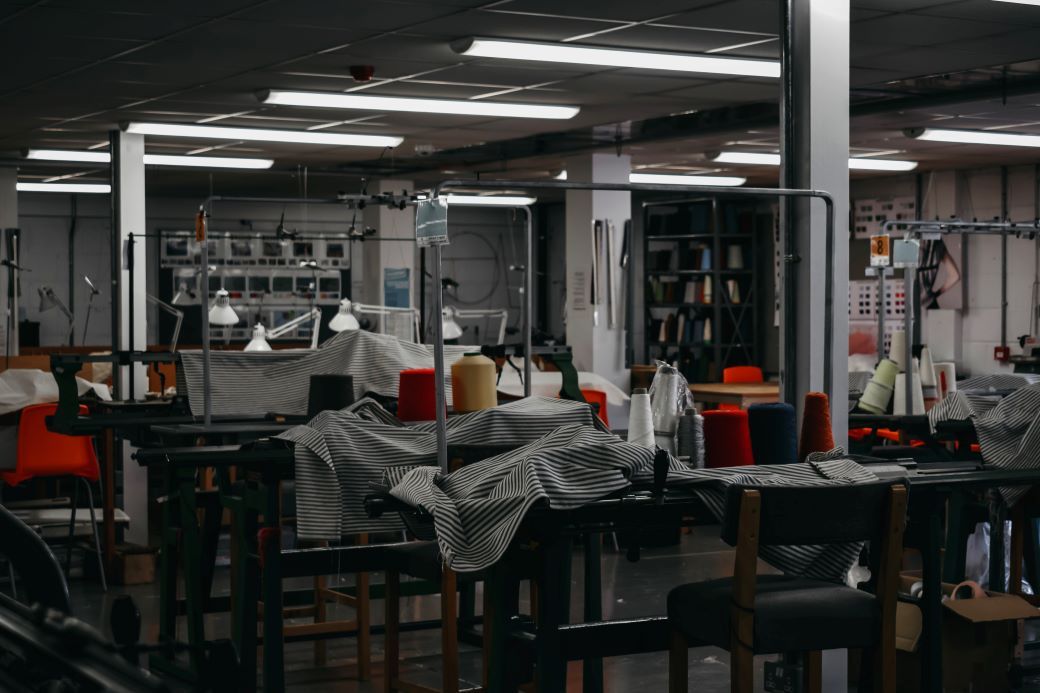
Among the draft proposals is one that seeks to encourage select ‘chemical intensive economic sectors and value chains’ to scale-up global action that produces concrete results, Canada-based International Institute for Sustainable Development (IISD) said in a policy brief.
One specific draft target calls for the development of sustainable chemical and waste management strategies in chemical intensive sectors and industries across value chains.
The negotiations seek to develop a new global framework to replace the Strategic Approach to International Chemicals Management (SAICM) created by ICCM1 in 2006.
At a workshop in Paris in January this year by the proponent of the implementation proposal, the Inter-Organisation Programme for the Sound Management of Chemicals (IOMC), textiles was discussed as a candidate sector for implementation.
The IOMC plans a further stakeholder consultation from 20-21 June 2023 to flesh out ideas for guidance to support strategies and a possible global programme on advancing chemicals and waste management in economic industry sectors and their value chains.
At a negotiating session held in Bucharest in August last year, the textiles sector was an active participant in the talks: the Zero Discharge of Hazardous Chemicals (ZDHC)—a multi-stakeholder organisation comprising over 150 contributors—made statements about the sector’s desire to actively engage in the future framework, and offered proposals for framework elements such as sectoral targets and indicators.
The UN Environment Programme (UNEP) has also identified textiles as a high-priority industry sector in shifting to a circular economy.
SAICM’s interest in the textiles sector as a significant user of chemicals came early, primarily through its Chemicals in Products (CiP) initiative.
In addition, the Global Environment Facility (GEF) can be recruited for realizing this implementation programme, as it is already committed to such work under GEF-8 programming directions, the policy brief says.
The GEF’s new Elimination of Hazardous Chemicals from Supply Chains Integrated Program commits the Facility to work on the textiles supply chain. A recently launched UNEP-implemented GEF project will work with four Asian nations—Bangladesh, Indonesia, Pakistan, and Vietnam—representing 15 per cent of global clothing exports to address chemicals of concern in their textiles industries.
The IOMC paper suggests engaging a candidate economic industry to develop, through dialogue, a sector vision and roadmap concerning important sustainability parameters, such as minimising the use of hazardous substances, or advancing circularity objectives.
The textile sector already has a head start on this front, since it has been engaged with UNEP in dialogue to develop the aforementioned global roadmap for sustainability and circularity for the sector.
The paper further suggests that each sector and industry initiative outline specific measures or steps to take.
The textile sector may have a head start, but much work on chemicals management in the sector remains that could be taken up by an implementation programme under the new global chemicals and waste framework, the policy brief adds.
Fibre2Fashion News Desk (DS)